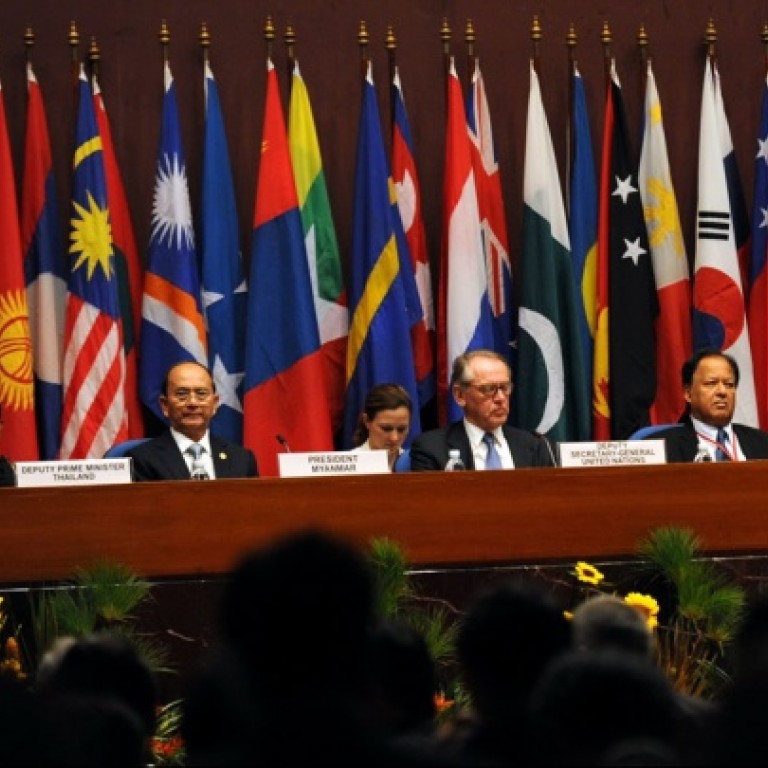
Frayed safety net offers Asia little protection from disasters
Noeleen Heyzer calls for multi-sectoral efforts to build resilience against disasters and downturns
Building resilience to multiple shocks is one of the most urgent development challenges facing Asia and the Pacific. Economic crises and natural disasters are more frequent, and respect no boundaries.
Recognising this as the "new normal" for the region, a record number of heads of state and other officials are meeting now in Bangkok for the annual session of the UN Economic and Social Commission for Asia and the Pacific. A main topic will be to agree on actions to build the resilience of countries and people across the region, enabling them to better withstand, adapt to and recover from multiple shocks. While increased connectivity has brought unprecedented opportunities, it has also amplified the reach and impact of these shocks.
For policymakers, this is often uncharted territory. It calls for a holistic approach, which tackles interlinked vulnerabilities rather than each one in turn. This requires new, more sophisticated tools for decision-making that change attitudes towards risks and uncertainty, well before shocks hit. In other words, building resilience calls for bolder action, through partnerships between governments, the private sector and local communities, as well as collective action at the regional and international levels.
Governments must invest in both prevention and preparedness, which is more effective and less costly than recovery efforts. They must also support the disadvantaged, who have fewer resources or buffers against multiple shocks. Local communities and their local governments need to be empowered. Above all, during such shocks, public spending that benefits the poor must be protected, by law if necessary.
Likewise, a new economic governance pact between government and business is needed, in which business becomes more accountable. When shocks envelop economies, ensuing job losses often result in legacies that affect human development long after growth resumes.
Finally, governments must protect critical sectors, such as schools and hospital infrastructure, energy and communication systems. Additional investment in resilience is not a choice, but an ethical obligation.
By working together, regional governments can produce solutions greater than the sum of individual country actions. This requires a new regional framework that rebalances economic, social and environmental systems, with priority given to the role of government working with its stakeholders.
Countries that build systems of early warning and early action are investing in the security of our region's most valuable resource - its people and their assets.
